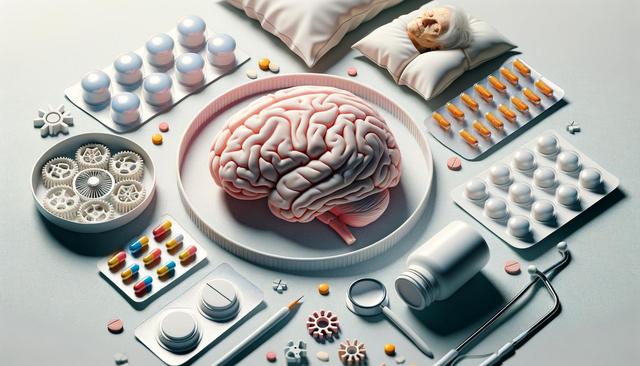The Evolving Landscape of Fertility Treatments
In recent years, the field of reproductive medicine has seen significant advancements, resulting in broader access and improved outcomes for individuals and couples struggling with infertility. Understanding how fertility treatments help address reproductive challenges begins with recognizing the diverse factors that influence conception. These can range from hormonal imbalances and age-related fertility decline to genetic conditions and unexplained infertility. As awareness grows, more people are turning to medical specialists for support, leading to an increase in demand for advanced fertility clinic services. These clinics now offer a range of options that cater to different medical and personal circumstances, providing both emotional and clinical support throughout the journey.
Understanding Common Medical Options for Infertility
Fertility treatments encompass a spectrum of medical interventions designed to enhance the chances of conception. Among the most common medical options for infertility are:
- Ovulation induction using hormone therapy
- Intrauterine insemination (IUI)
- In vitro fertilization (IVF)
- Intracytoplasmic sperm injection (ICSI)
Each of these treatments serves different needs depending on the root causes of infertility. For instance, IUI may be recommended for mild male factor infertility, while IVF is often the choice for more complex reproductive issues. Personalized IVF treatment plans are becoming more prevalent, allowing specialists to tailor protocols based on individual responses and medical history. This approach not only improves the likelihood of success but also minimizes potential side effects and emotional stress for patients.
What to Expect During Assisted Conception Procedures
For many individuals, entering the world of assisted reproductive technology can feel overwhelming. Knowing what to expect during assisted conception procedures is critical for reducing anxiety and fostering a sense of control. The journey typically begins with a comprehensive evaluation that includes hormonal assessments, imaging studies, and sometimes genetic screening. Once a treatment plan is established, patients are guided step-by-step through processes such as medication regimens, egg retrieval, fertilization, and embryo transfer.
Key stages in assisted conception may include:
- Initial consultations and fertility assessments
- Monitoring of ovarian response through ultrasounds and blood tests
- Egg and sperm collection procedures
- Laboratory fertilization and embryo culture
- Embryo transfer and post-treatment monitoring
Throughout this process, communication with the care team and access to reproductive health support programs are essential components of a positive experience.
The Role of Personalization in Modern Fertility Care
One of the most transformative shifts in reproductive medicine is the emphasis on personalization. Personalized IVF treatment plans are designed to align with the unique physiology and preferences of each patient. This can involve tailoring medication dosages, timing of procedures, and even selecting specific embryo grading methods. Clinics are increasingly using data-driven tools and predictive modeling to enhance treatment accuracy.
Benefits of personalized care include:
- Improved treatment outcomes through targeted interventions
- Reduced physical and emotional burden
- Greater transparency and patient involvement in decision-making
Advanced fertility clinic services often include genetic testing, time-lapse embryo imaging, and integrative therapies like nutrition counseling and stress management. These offerings reflect a holistic approach to care that considers both physical health and emotional well-being.
Support Systems and the Future of Fertility Treatment
Support plays a vital role in the fertility journey. Reproductive health support programs provide resources such as counseling, peer support groups, and educational workshops. These initiatives help patients navigate the emotional complexities associated with treatment, including stress, relationship dynamics, and managing expectations. As technology continues to evolve, the future of fertility treatment looks promising, with innovations in gene editing, artificial intelligence, and cryopreservation expanding possibilities for hopeful parents.
Looking ahead, we can anticipate:
- Greater accessibility through telehealth and remote monitoring
- Continued refinement of embryo selection techniques
- Ethical advancements in reproductive genetics
By integrating hope and science, modern fertility care is reshaping what’s possible for individuals and couples worldwide. These trends reflect not just medical progress, but a deeper understanding of the human experience tied to family-building.
Conclusion: A Future of Informed Choices and Compassionate Care
For anyone exploring fertility options, staying informed about current healthcare trends is essential. Understanding how fertility treatments help address reproductive challenges, what to expect during assisted conception procedures, and the range of common medical options for infertility empowers individuals to make confident, informed choices. With access to advanced fertility clinic services, personalized IVF treatment plans, and reproductive health support programs, the journey to parenthood is becoming more supported and inclusive. As science continues to advance, so does the hope shared by countless families seeking to grow.




Leave a Reply